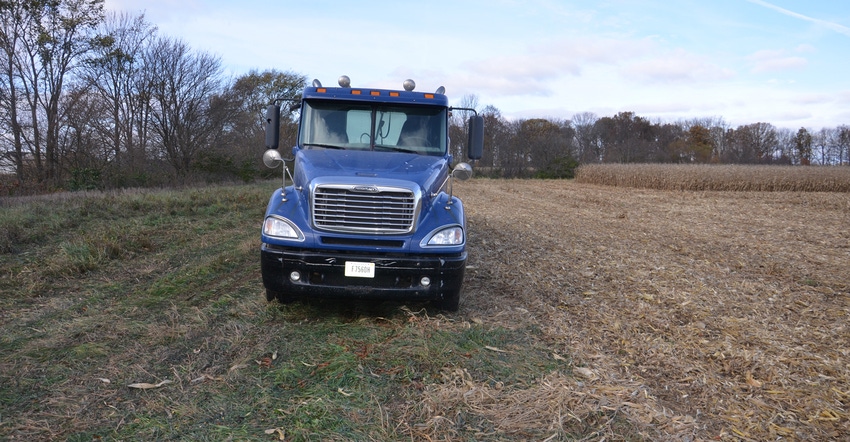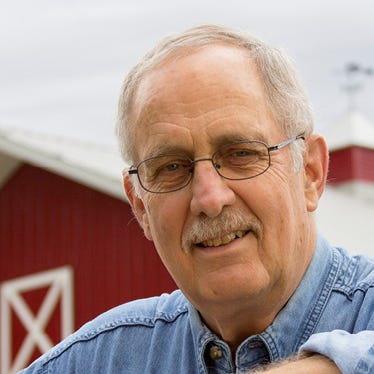April 27, 2018

Suppose this worst-case scenario happens: Your truck is involved in an accident and causes a fatality. The judgement against you is $6 million. Your basic policy covers $1 million, and your umbrella policy kicks in an additional $3 million. Count on the other party’s lawyer coming after your land and other assets for the additional $2 million. But you’ve got a limited liability company, which protects you, correct?
“Not necessarily,” says Purdue University’s Fred Whitford. “If your trucks are in the same LLC with your land, then the LLC is worthless from a risk management perspective.”
Whitford is director of Purdue Pesticide Programs. He has worked with farmers on safety issues, including truck accidents, and encourages farmers to take every precaution they can, such as inspecting and maintaining trucks, hiring quality employees, and having both adequate insurance for uninsured and underinsured drivers, plus an umbrella policy. Despite all the preparation, sometimes bad things happen to good people.
The biggest risk to the farm business today is from a tractor-trailer accident. That’s why many farmers are putting trucks in a second LLC, separate from their land LLC, to isolate and protect their land from potential lawsuits. That way, even if the truck LLC is bankrupted, the land LLC is protected. Even then, you need to take precautions to make sure a wall of separation is maintained, Whitford says.
Nitty-gritty details
“If there’s a serious accident, lawyers are going to ask, ‘Who pays for the fuel? The insurance? The driver? The registration and plates?'" says Whitford. “If you’re paying it from your land LLC, then they can build a bridge between your land LLC and your truck LLC. Then they can walk across it and take your land to satisfy any court judgements against you.”
He says the answer is to have all the truck expenses paid by the truck LLC, to isolate it from the land LLC.
“It’s a paper shuffle, but you have to pretend like they’re separate businesses,” he says. “Under Department of Transportation regulations, it doesn’t make you a commercial business, and you still play by the farm rules. There’s nothing illegal about that. With what I know today, there’s no doubt I’m going to protect my land that I’ve worked for all my life, and which is how I make my income. That’s what the law allows us to do.”
Whitford worked with a farmer who found himself in this predicament. They prepared a publication that explains how to operate a separate LLC for trucks and the reasons for doing it. The farmer in this real-life situation was fortunate in that his umbrella policy covered the excess in judgment above the limits of liability on his truck policy.
The scary part is that he debated whether to buy the umbrella policy. In the end, it likely saved his farm operation.
His story continues in “The Aftermath of a Farm Truck Crash: Lawsuits, Settlements and Court Proceedings,” Purdue Extension bulletin PPP-95. Download a copy from ppp.purdue.edu under Resources, order it from the-education-store.com, or call 888-496-4636.
The bulletin even contains an appendix that includes sample forms given to jurors. The forms explain how the jury is to determine who is at fault, and how blame should be assigned.
Whitford notes that it’s always best to consult your own attorney and insurance agent.
Boone writes from Wabash, Ind. Tom J. Bechman contributed to this story.
About the Author(s)
You May Also Like






